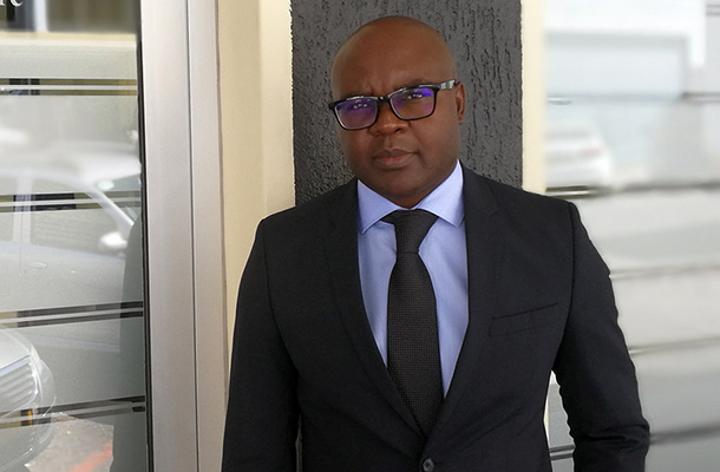Africa-Press – Namibia. THE Development Bank of Namibia’s chief executive officer, Martin Inkumbi, has suggested the establishment of a national equity fund to aid financially struggling companies.
He says this would be one of the solutions to address the tough times some enterprises are facing as a result of the Covid-19 pandemic.
The pandemic over the past 18 months has led to the vulnerability of certain enterprises, which have been struggling to repay loans, resorting to repayment holidays in addition to taking out more loans.
Inkumbi says one of the solutions to equity finance is a national equity fund for qualifying enterprises currently experiencing headwinds, which have the potential for future growth.
He says advancing additional loans – even as temporary relief measures – is not always a solution that works for all struggling businesses impacted by Covid-19.
A number of measures introduced to address the issue included repayment holidays, grace periods, additional financing to cover operational costs, and the extension of repayment periods to offset the monthly cost of interest to enterprises.
On the downside, these measures are only effective when the depressed economic cycle runs over the short term – from six to 12 months.
Inkumbi says because of the current protracted depressed economic cycle, these measures are futile, if not detrimental to the long-term sustainability of enterprises.
“A national equity fund would add to the financing toolkit, provided the equity investments or debt-to-equity conversions are made on pure business and economic merit, and on the potential viability and recovery of an enterprise. This requirement is paramount.
“Ideally, this equity finance vehicle should not be taking a permanent shareholding, but should enable the original shareholders to repurchase their shareholding as the enterprise recovers and grows on board, or to take new shareholders, depending on the preferences of existing shareholders,” he says.
Inkumbi says the arrangement should allow the national equity fund to intervene or recommend managerial and/or operational methods to strengthen governance and improve business growth.
He, however, says it would be ideal to allow existing enterprise shareholders the independence to manage their business and turn it around through their own ways.
Moreover, a substantial requirement would also be capitalising an equity fund, of which Inkumbi suggests the pooling of funds in a national vehicle.
He says if a national equity fund is capitalised with borrowed funds, for instance from private sector bonds issued to capitalise the fund, and repaid by taxpayers over time, this would be in exchange for equity in Namibian companies that would continue to grow in value over time.
“The important and imminent benefit of a national equity fund intervention, however, is saving Namibian enterprises from collapsing during the current depressed economic cycle, preserving current and future employment, and sustaining economic growth,” he says.
Inkumbi says over the last 18 months, four broad categories of borrowers are notable in the DBN’s portfolio.
The first portfolio looks at borrowers which experienced tough times before the pandemic as a result of the economic slowdown.
These borrowers faced challenges which included tight competition, a lack of demand, unaligned operating costs and price structures, and poor business management.
The second category involves borrowers which were similarly challenged, but were able to service their debts, albeit remaining persistently in arrears on their repayments.
The third category consists of borrowers which were successful and were able to service their debts, but were challenged by the onset of Covid-19 lockdowns, which hampered business activities and revenues.
The final category comprises those enterprises which benefit from inelastic, constant demand and turnover despite Covid-19.
These enterprises typically benefit from contracts or tenders.
Inkumbi pointed to the second and third categories as being the most likely beneficiaries of a national equity fund.
He says the recovery will not be instant, but that in the medium to long term, Namibia and its enterprises could transition to a period of growth, provided their economic capacity is preserved.
The medium-term vision of equity finance could accelerate the outcome.
“Although the economic waters are choppy, with all hands on deck, the vessel can make progress with equity finance,” Inkumbi says.
Email: [email protected]
Twitter: @Char_Ngatjiheue






